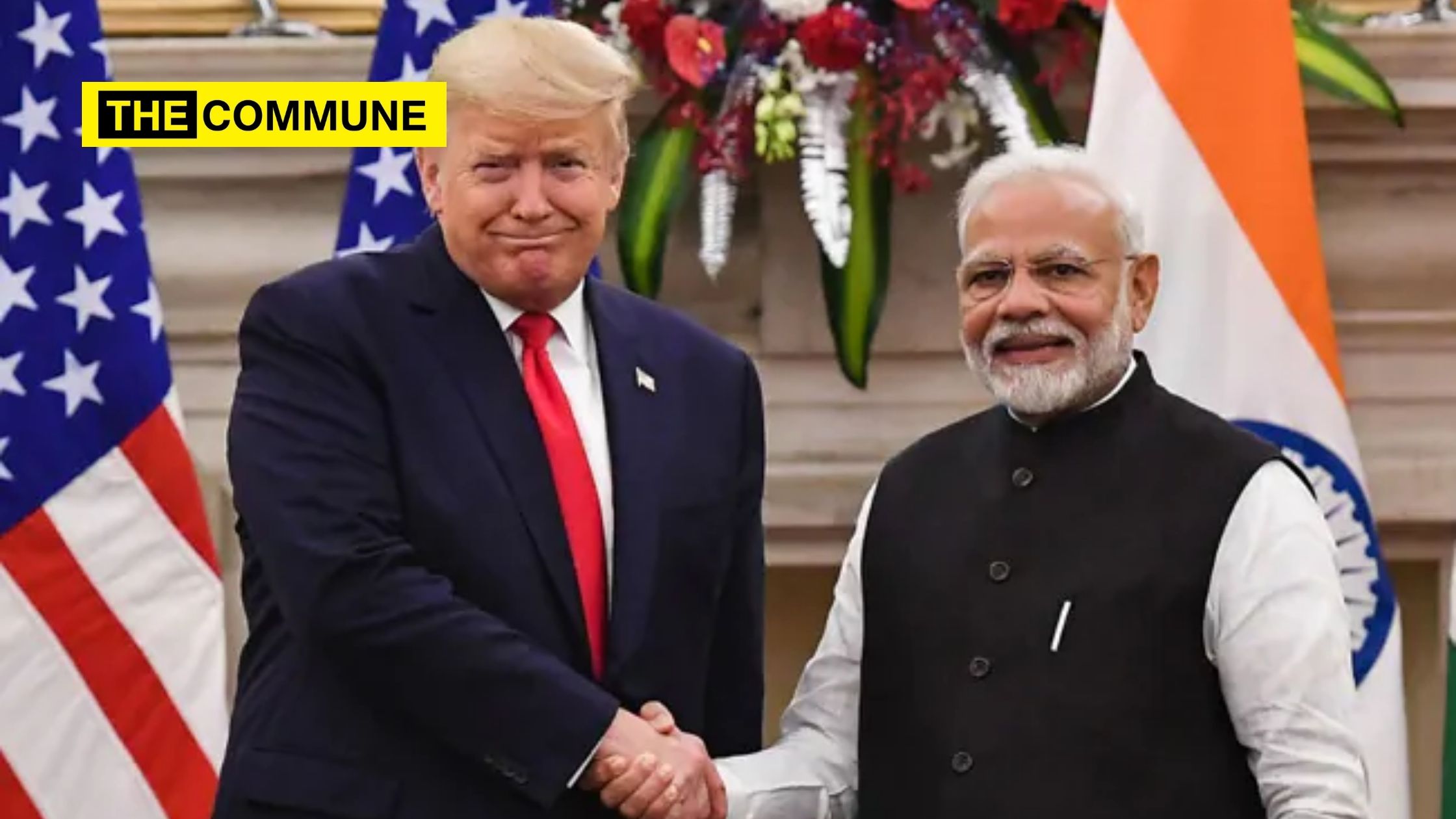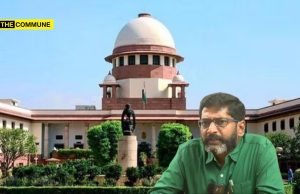
The possibility of Donald Trump’s second term as President of the United States has generated considerable global interest, and India is no exception. As one of the largest democracies and an emerging global power, India’s relationship with the United States is vital to its strategic, economic, and geopolitical aspirations. Trump’s potential return to the White House could have profound implications for India, spanning trade, defence, immigration, and global power dynamics. Here is an in-depth analysis of what India can expect if Trump reclaims the presidency.
US-India Relations: A Look Back
Under Donald Trump’s first term, India-US relations experienced highs and challenges. The two nations shared a strong rapport on strategic issues, especially in countering China’s influence and promoting a free and open Indo-Pacific. Trump’s chemistry with Prime Minister Narendra Modi also played a role in advancing bilateral ties. Landmark moments such as the “Howdy, Modi!” event in Houston and the “Namaste Trump” rally in Ahmedabad underscored the camaraderie between the leaders.
However, Trump’s America First policies created friction on trade and immigration. India faced increased export tariffs, while H-1B visa restrictions impacted Indian professionals and IT companies. Despite these challenges, defence cooperation flourished, with India becoming a major buyer of US military hardware and a key partner in the Quad grouping, along with Japan and Australia.
Strategic And Defense Ties
Trump’s second term could amplify strategic and defence ties by intensifying efforts to counter China’s influence in the Indo-Pacific. India benefits from a reinvigorated Quad alliance and increased collaboration in military and intelligence domains.
Countering China’s Influence
One of the most critical aspects of Trump’s second term would be the US stance on China. Trump’s administration took a hardline approach against Beijing, labelling it a strategic competitor and imposing tariffs on Chinese goods. A tougher US stance could benefit India, which is embroiled in border tensions with China.
Under Trump’s leadership, the Quad could gain renewed vigour. The grouping—seen as a counterbalance to China’s aggressive posture in the Indo-Pacific—might see more joint military exercises, intelligence sharing, and collaborative initiatives. Such moves could strengthen India’s position in the region and provide it with a powerful ally in countering Chinese incursions.
Strengthening Defense Cooperation
Defence ties between India and the US have grown significantly, with deals such as purchasing Apache helicopters, Chinook helicopters, and P-8I surveillance aircraft. A second Trump term could expand these ties with more technology transfers, joint military exercises, and arms sales. India’s designation as a Major Defense Partner under Trump’s first term will likely be leveraged for deeper collaboration.
Trade Relations: A Double-Edged Sword
Trade will likely remain a contentious issue in a potential Trump second term. Trump’s America First policy and focus on reducing trade deficits could pressure India to open its markets to US goods. The bilateral trade relationship, while robust, has faced hurdles, including disputes over tariffs, intellectual property rights, and market access.
Despite the challenges, there are opportunities for collaboration. Sectors such as energy, pharmaceuticals, and technology could see increased engagement. India’s push for renewable energy and electric vehicles aligns with American advancements in these areas, creating potential for joint ventures and investments.
Conversely, India might face renewed demands to lower tariffs on American agricultural products and medical devices. Additionally, Trump’s approach to trade often involves unpredictable tariffs and unilateral actions, which could create uncertainty for Indian exporters.
Immigration Policies: A Key Concern For India
Trump’s immigration policies have been a point of contention for India. His administration imposed stricter norms for H-1B visas, directly impacting Indian IT professionals and companies. A second term could mean further tightening of visa rules, posing challenges for India’s IT sector and skilled professionals aspiring to work in the US.
While Trump’s hardline stance on immigration caused friction, there’s room for optimism. With Indian Americans emerging as a significant voting bloc and contributing to the US economy, a second Trump administration might consider more balanced policies. Advocacy from the Indian diaspora and businesses could play a role in shaping immigration reforms.
Geopolitical Dynamics And Multilateral Engagement
Trump’s approach to multilateralism has been unconventional, often characterized by a preference for bilateral deals. While this has led to the US pulling out of agreements like the Paris Climate Accord (later rejoined under Biden), it could allow India and the U.S. to forge stronger bilateral or regional partnerships without the constraints of broader frameworks.
US backing could benefit India’s aspirations for a permanent United Nations Security Council (UNSC) seat. During Trump’s first term, his administration supported India’s bid, but tangible progress remained elusive. A second term might provide an opportunity to push this agenda further.
Technology and Innovation
The US remains a key partner in India’s technological aspirations. The possibilities are vast, from collaboration on space exploration to advancements in artificial intelligence and cybersecurity. Trump’s administration prioritized American dominance in technology, and a second term could see initiatives that align with India’s goals of becoming a global tech hub.
Digital Trade And Data Security
However, challenges related to digital trade and data security could arise. India’s data localization policies and Trump’s focus on protecting US tech companies might create friction. Balancing these priorities would be crucial to fostering a mutually beneficial partnership.
Climate Change and Energy Cooperation
Trump’s climate policies have been criticized for prioritizing economic growth over environmental concerns. This could pose challenges for India, which is heavily invested in renewable energy and climate action. However, the energy partnership between the two nations, especially in liquefied natural gas (LNG) and solar power, will likely continue thriving.
Opportunities In Clean Energy
India’s ambitious renewable energy targets and Trump’s support for US energy exports could create opportunities for collaboration. Joint solar, wind, and nuclear energy ventures could benefit both nations economically and environmentally.
The Indian Diaspora: A Bridge Between Nations
The Indian American community plays a pivotal role in strengthening India-US ties. During his first term, Trump’s outreach to this demographic highlighted their growing political and economic influence. A second term could increase engagement with the diaspora, further solidifying bilateral relations.
Challenges And Risks
Trump’s leadership style is often marked by unpredictability and a preference for unilateral actions. While this can lead to bold initiatives, it also creates uncertainty. For India, navigating such unpredictability would require strategic foresight and adaptability.
India’s foreign policy emphasizes strategic autonomy and maintaining balanced relations with major powers like the US, Russia, and China. A second Trump term could complicate this balance, especially if the US-China rivalry intensifies or Trump’s policies create friction with Russia, a key defence partner for India.
To sum up: A Pragmatic Approach
Donald Trump’s potential return to the White House presents opportunities and challenges for India. Strengthening strategic and defence ties, navigating trade complexities, and fostering collaboration in technology and energy will be key priorities. At the same time, India must prepare for potential challenges in immigration policies and global governance dynamics.
Ultimately, the trajectory of India-US relations under a second Trump term will depend on the ability of both nations to find common ground and leverage their shared interests. As two of the world’s largest democracies, their partnership has the potential to shape the 21st-century geopolitical landscape—a prospect that demands careful and pragmatic diplomacy.
Ganesh Kumar is a geo-political analyst.
Subscribe to our channels on Telegram, WhatsApp, and Instagram and get the best stories of the day delivered to you personally.




